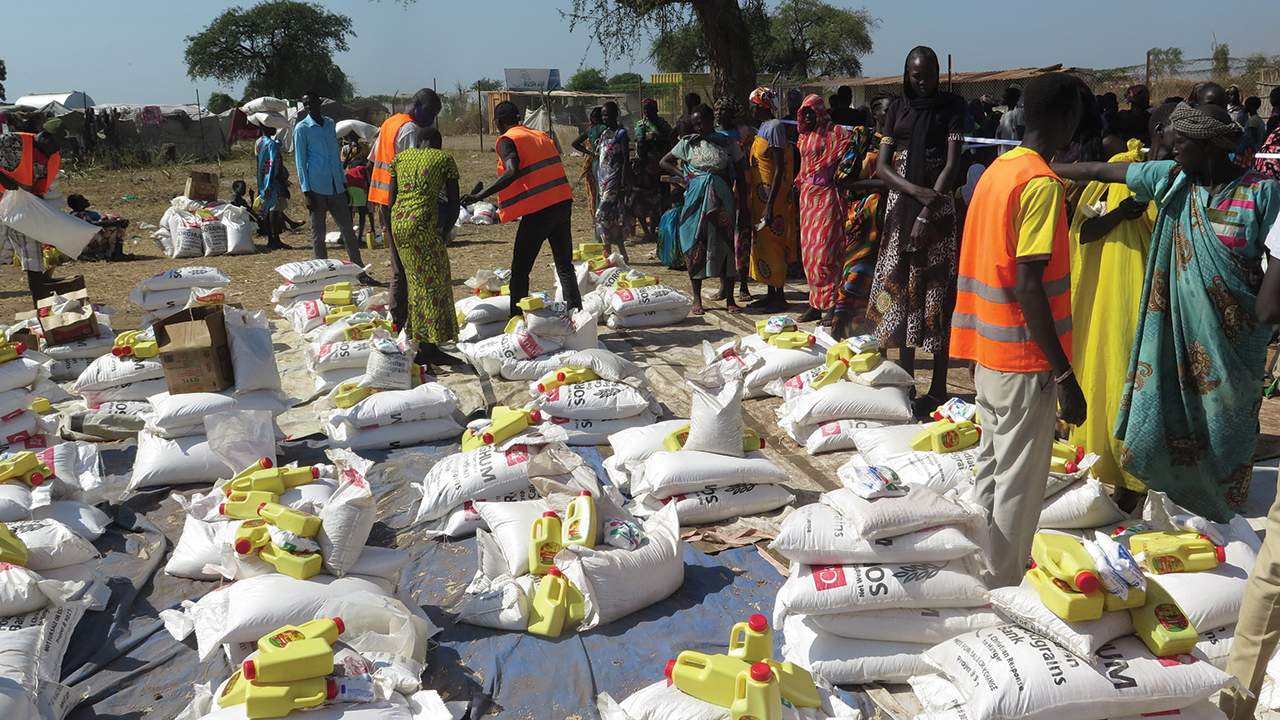
The United Nations is urging South Sudan to reverse newly imposed taxes and fees that have crippled vital food airdrops for thousands of people in remote areas.
The suspension, in effect since March, has already left 60,000 people without access to food and threatens to impact an additional 75,000 by May’s end.
According to the UN Humanitarian Affairs Agency, the new charges – including fees for electronic cargo tracking, security escorts, and fuel taxes – would have amounted to $339,000 per month.
The UN argues this sum is enough to feed over 16,300 people.
“Our limited resources are for saving lives, not bureaucratic hurdles,” stated Anita Kiki Gbeho, the UN humanitarian coordinator for South Sudan.
The impact of these charges extends beyond food aid. UN spokesman Stéphane Dujarric warned that the nearly 20,000-strong peacekeeping mission in South Sudan is also feeling the pinch.
The mission is reviewing its activities, potentially including patrols, construction projects, and educational programs.
While the South Sudanese government has verbally expressed an intention to remove the charges, the UN is seeking a written commitment. This lack of a formal agreement leaves the situation precarious for millions in need of aid.
South Sudan faces a dire humanitarian crisis, with an estimated 9 million people – over 70% of the population – requiring protection and assistance.
The influx of refugees fleeing war in neighboring Sudan further strains resources. The UN is urging South Sudan to prioritize its people’s well-being by removing these counterproductive taxes and allowing unimpeded aid delivery.
